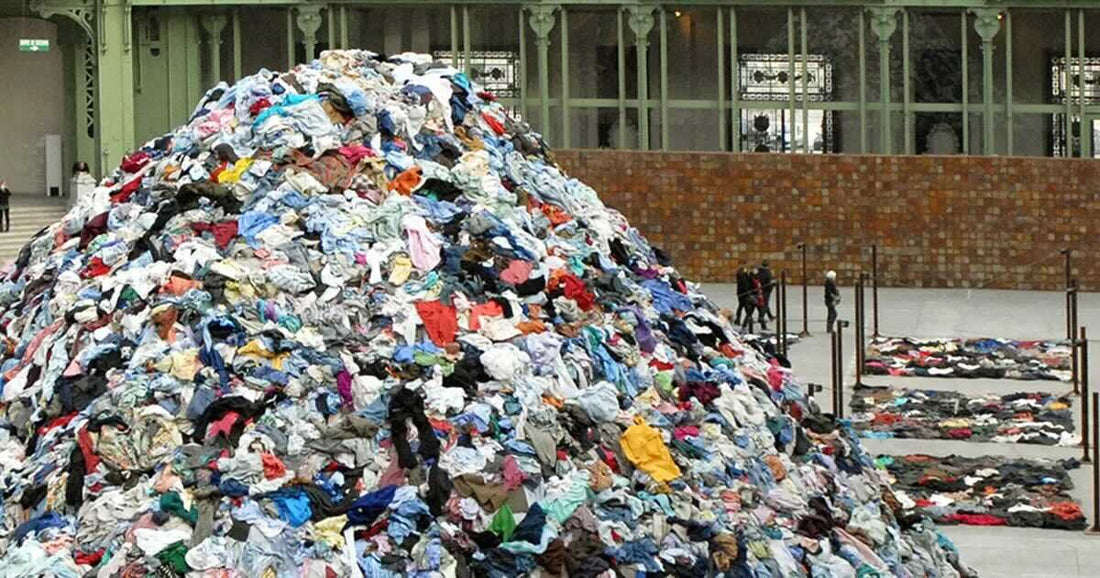Introduction
Fast fashion has revolutionized the clothing industry, bringing affordable and trendy garments to consumers at an unprecedented speed. However, beneath its glossy surface lies a web of ethical concerns that cannot be ignored. In this blog post, we will delve into the ethical implications of fast fashion, exploring the impact it has on workers, the environment, and society as a whole.
Environmental Degradation
Fast fashion's emphasis on rapid production and consumption has significant environmental consequences. The industry is notorious for its immense water usage, pollution, and waste generation. From the extensive use of non-renewable resources to the release of toxic chemicals into water systems, fast fashion leaves a heavy ecological footprint. Additionally, the disposal of vast quantities of clothes adds to the mounting problem of textile waste in landfills.
Exploitative Labor Practices
One of the most pressing ethical issues associated with fast fashion is the exploitation of workers. To meet the demand for cheap clothing, many fast fashion brands outsource production to low-wage countries with lax labour regulations. This often leads to poor working conditions, long hours, low wages, and even child labor. Workers in these factories are frequently subjected to unsafe environments, lack of job security, and limited access to their basic rights.
Disposable Culture and Overconsumption
Fast fashion thrives on a culture of disposability and encourages overconsumption. With rapidly changing trends and low-cost garments, consumers are enticed to frequently update their wardrobes, often discarding perfectly wearable clothing. This "throwaway" mentality perpetuates a cycle of excessive consumption, contributing to the depletion of resources and exacerbating the industry's environmental impact.
Worker's Rights and Fair Wages
The race to produce cheap clothing often results in labor rights violations and inadequate wages. Many workers in the fast fashion supply chain, especially in developing countries, are not paid fair wages that would provide them with a decent standard of living. This perpetuates economic inequalities, traps workers in a cycle of poverty, and hampers their ability to improve their socio-economic conditions.
Lack of Transparency and Accountability
Fast fashion brands have been criticized for their lack of transparency regarding supply chain practices. It can be challenging for consumers to trace the origins of their garments and understand the conditions under which they were produced. Without transparency and accountability, it becomes difficult to address and rectify the ethical issues plaguing the industry.
Conclusion
The ethical implications of fast fashion cannot be ignored or dismissed. From exploitative labor practices and environmental degradation to the promotion of a disposable culture, the fast fashion industry raises serious concerns. As consumers, we can make a difference by supporting ethical and sustainable brands, opting for quality over quantity, and embracing a more conscious approach to fashion. Likewise, fashion companies must prioritize worker's rights, environmental sustainability, and supply chain transparency to bring about meaningful change in this industry. By addressing these ethical concerns, we can aspire to create a fashion industry that is both stylish and responsible.
5th July . Aditi Gogia

